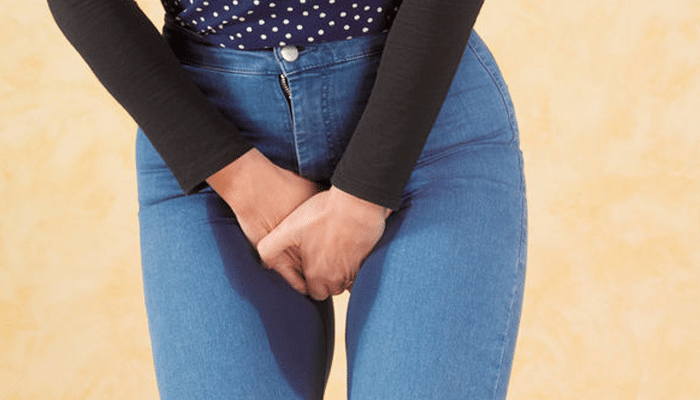Incontinence is not a laughing matter. It’s a common issue, especially for older women, but it’s not heard of much as it’s pathetically under-reported.
Stress incontinence, a type of incontinence in which you leak urine or stool unintentionally when you laugh, cough, or exercise, has been estimated to affect over 50% of women between the ages of 20 to 80 years.
Stress incontinence is the most common type of urinary incontinence in women, the others being urge incontinence or an overactive bladder, overflow incontinence, nocturia or excessive nighttime urination, and dysuria or painful urination.
Women usually don’t tell their doctors about it due to embarrassment or because they feel it’s not treatable. It usually starts as an infrequent little annoyance and grows into a major problem that sometimes stops women from going out, laughing out loud and even exercising due to the fear of urine and stool leakage.
The issue is unlikely to go away until you address it, and it only gets worse over time. Numerous studies have found that its occurrence increases as women age. If left untreated, it can also lead to a condition called pelvic prolapse in which the bladder and uterus collapse into the vagina. Surgery is often the only solution.
How do you increase your risk for incontinence?
There are many reasons why we women develop this issue. Foremost among them is the decline in female sex hormones as we age. This causes the pelvic floor muscles, which support organs like your bladder and urethral tube, to weaken and deteriorate, and we start to leak.
Three underlying health conditions contributing to incontinence are obesity, pre-diabetes and/or insulin resistance, and Type 2 diabetes.
Other contributing factors are:
- Drinking alcohol or even carbonated beverages.
- Eating acidic or spicy foods.
- Chronic constipation due to a poor diet. This causes pressure on your pelvic floor as you strain.
- Smoking as coughing causes stress on your pelvic floor muscles.
- High-impact exercise as it can create stress on the pelvic floor muscles resulting in urinary leaks.
- Childbirth can predispose new mothers to incontinence.
- Pregnancy also stresses the pelvic floor, causing incontinence.
- Taking certain medicines like diuretics for blood pressure issues, sedatives, anti-depressants or even antihistamines can lead to urinary leakage as they relax your urinary bladder.
- Oral hormone replacement therapies or HRT can cause incontinence symptoms.
- Hysterectomy or removal of the uterus and menopause can predispose you to incontinence too.
Lifestyle choices that reduce your risk of developing incontinence
- Losing weight. Abdominal fat may influence incontinence issues as it strains the pelvic floor muscles and connective tissue that support the urethra, increasing pressure on the bladder. The good news is that even a small weight loss can improve stress incontinence.
- Exercising regularly and doing Kegel exercises to strengthen your pelvic floor muscles.
- Taking care to manage your pre-diabetes and diabetes better.
Incontinence is conquerable. So don’t buy more oversized pads; start by doing small things to handle leakage proactively!


